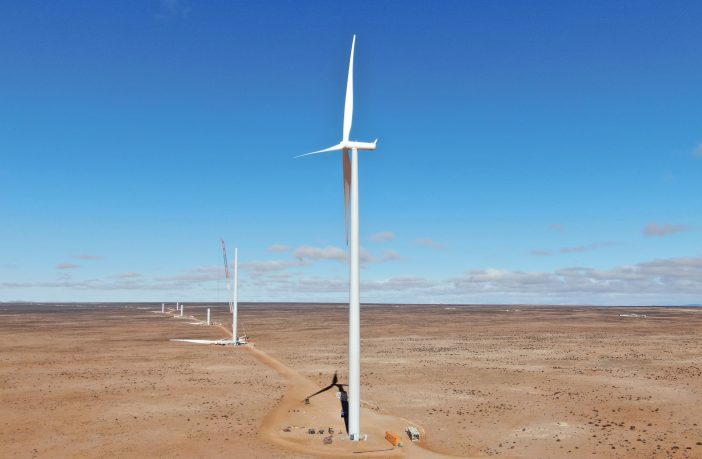Open-Ed
- The National Treasury has sent a warning to the broader government. The message is clear: drastically cut spending or suffer the consequences.
- An expected message, for one can only spend so much of other people’s money, like the government does, before it runs out.
Minister of Finance,, Enoch Godongwana, has indicated that cuts to government spending will be a necessity in the mid-term budget. The head of the Treasury’s budget office also stated that the country cannot spend its way to prosperity, as increased government spending has not translated into economic growth.
Related news: Eskom debt balloons to R439 billion!
The Treasury has been warning the broader government about the unsustainability of its spending efforts. When Mr Godongwana presented the budget in February 2023, he cautioned against what was then the possible threat of an unbudgeted wage settlement.
A month later, a majority of unions in the Public Sector Coordinated Bargaining Council reached an agreement with government for a 7.5% increase. This wage increase meant that the Treasury had to adjust its initial budget by R37.4 billion to accommodate it. It was as though the unions and their members were divorced from the reality of the South African economy and the finances of the state.
In a statement Treasury released after the agreement was concluded, it mentioned that cutting back on non-critical appointments in governments was going to be necessary. Also, redirecting funds for projects and programs in various departments towards wages and restricting recruitment in other areas that were planned for, were among the multiple solutions Treasury proposed.
The necessity to redirect funds, instead of increasing the budget, has come to bear as we approach the mid-term budget statement in October. This is evident in the letter the Treasury sent to various departments about cutting expenditure.
The budget shortfall has been exacerbated by the non-actualisation of the projections Treasury had for economic growth and revenue collection. These projections that are or will not be met were ambitious, considering the policy impediments in the South African economy; things like a monopolised and failing energy market, or a labour legal regime that discourages hiring, are antithetical to economic prosperity.
South Africa is in a precarious position because, even though there is a high government wage bill, it is not due to mass employment in the public sector. Instead, research from various sources and ideological inclinations has shown that while public compensation has increased as a line item for the state, the head count for the state in terms of employees has dropped.
The South African public has been paying more money for less public service personnel. This will only be exacerbated given the interventions Treasury will be implementing to meet the shortfall caused by the wage agreement, among many causes. Things like limiting recruitment for new positions and shedding jobs in some areas are among the solutions Treasury is suggesting to departments.
As the head of the Treasury Budget Office said in an interview about cutting spending, we are not “going to spend our way out of our current problems”. Government employees will now have to contend with the fact that their wage increase is one of the reasons their colleagues will lose their jobs. This in a context in which the average government employee is paid way more than the average privately employed individual who in fact adds productively to the economy.
Taking on further debt to meet the guaranteed budget shortfall is thankfully not being considered given our already high debt servicing obligations. The idea of the state taking on debt to be paid by future young South Africans who had nothing to do with it, is right up there in the heights of injustice.
The South African economy finds itself at a crossroads
It can choose the right path. The route of government spending fueling economic growth has been tried, and it has failed, according to Treasury itself. Therefore, the path of deregulation in as many markets as possible, cutting government spending, reducing taxes for individuals, and ensuring that there is an environment wherein property rights are protected, should be tried.
Everyone and everything should live by the principle of spending within your means. Especially the state, since it acts as representative of everyone within its jurisdiction and it cannot generate income outside of its citizens giving over to it the income they generated in the market, in the form of taxes.
Despite the President disagreeing with the need to cut spending, the communication coming from Treasury is good. The ingredients of a low growth economy, absurdly high youth unemployment levels, and growing spending obligations from the state can only produce a social disaster. For sustainable growth and prosperity, the state must cut its spending, lest we continue down our road to serfdom.
Author: Zakhele Mthembu
Zakhele is a BA Law LLB (Wits) is a legal researcher at the Free Market Foundation.















